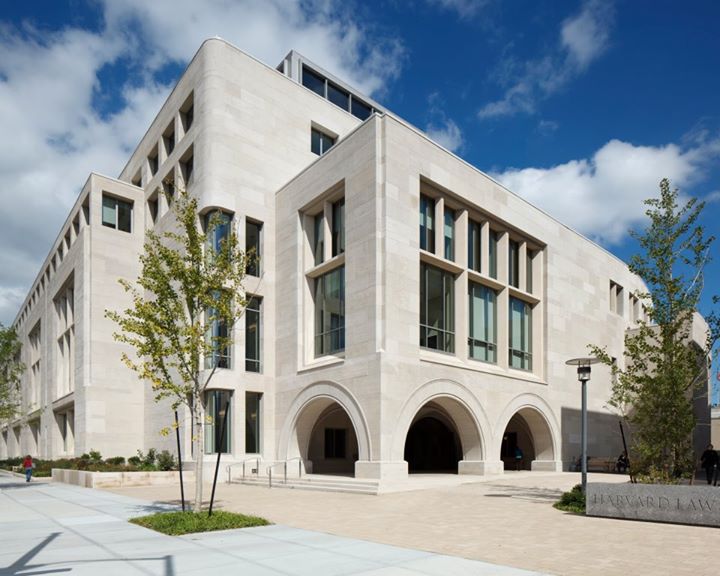 Neuroscience is rapidly increasing our understanding of human behavior. As our understanding grows, so should the law and policy which is concerned with these behaviors. New neuroscientific knowledge has many imminent implications for the legal realm, including questions of responsibility, memory, and the role of neuroscientific evidence in the courtroom.
Neuroscience is rapidly increasing our understanding of human behavior. As our understanding grows, so should the law and policy which is concerned with these behaviors. New neuroscientific knowledge has many imminent implications for the legal realm, including questions of responsibility, memory, and the role of neuroscientific evidence in the courtroom.
With already-established programs in seminal areas at the intersection of law and neuroscience, including criminal responsibility, lie detection, financial decision making, and memory, CLBB looks forward to producing scholarship in a new program area, pain & suffering.
Beginning Fall 2014, CLBB and the Petrie-Flom Center for Health Law, Biotechnology, and Bioethics at Harvard Law School will launch a joint “Project on Law and Applied Neuroscience.” The collaboration, which will extend through 2016, will include a Senior Fellow-in-residence, research and public symposia devoted to a specific issue at the intersection of neuroscience and law, and a Law and Neuroscience Seminar taught at Harvard Law School by the Hon. Nancy Gertner. Amanda Pustilnik, JD will be the Project’s first Senior Fellow in Law & Applied Neuroscience, in 2014-2015, focusing on scholarship on the role of pain in legal domains.
Pustilnik is currently a Professor of Law at the University of Maryland School of Law and a CLBB faculty member. In Cambridge, Pustilnik will pursue research, mentoring, and public engagement related to issues of pain and the law. Pustilnik will also be involved in the execution of expert symposia and public events to promote focused discussion on questions at the intersection of pain, addictions, and the law.
Professor Nancy Gertner’s Law and Neuroscience Seminar will introduce students to this complex and growing translational field. The Hon. Gertner is a member of Harvard Law, Petrie-Flom, and CLBB Faculty. The course will be cross-listed for Harvard Medical School students, and will draw on HLS and CLBB’s interdisciplinary legal and scientific faculty.
For more on the Petrie-Flom Center, see their website and bioethics blog.




